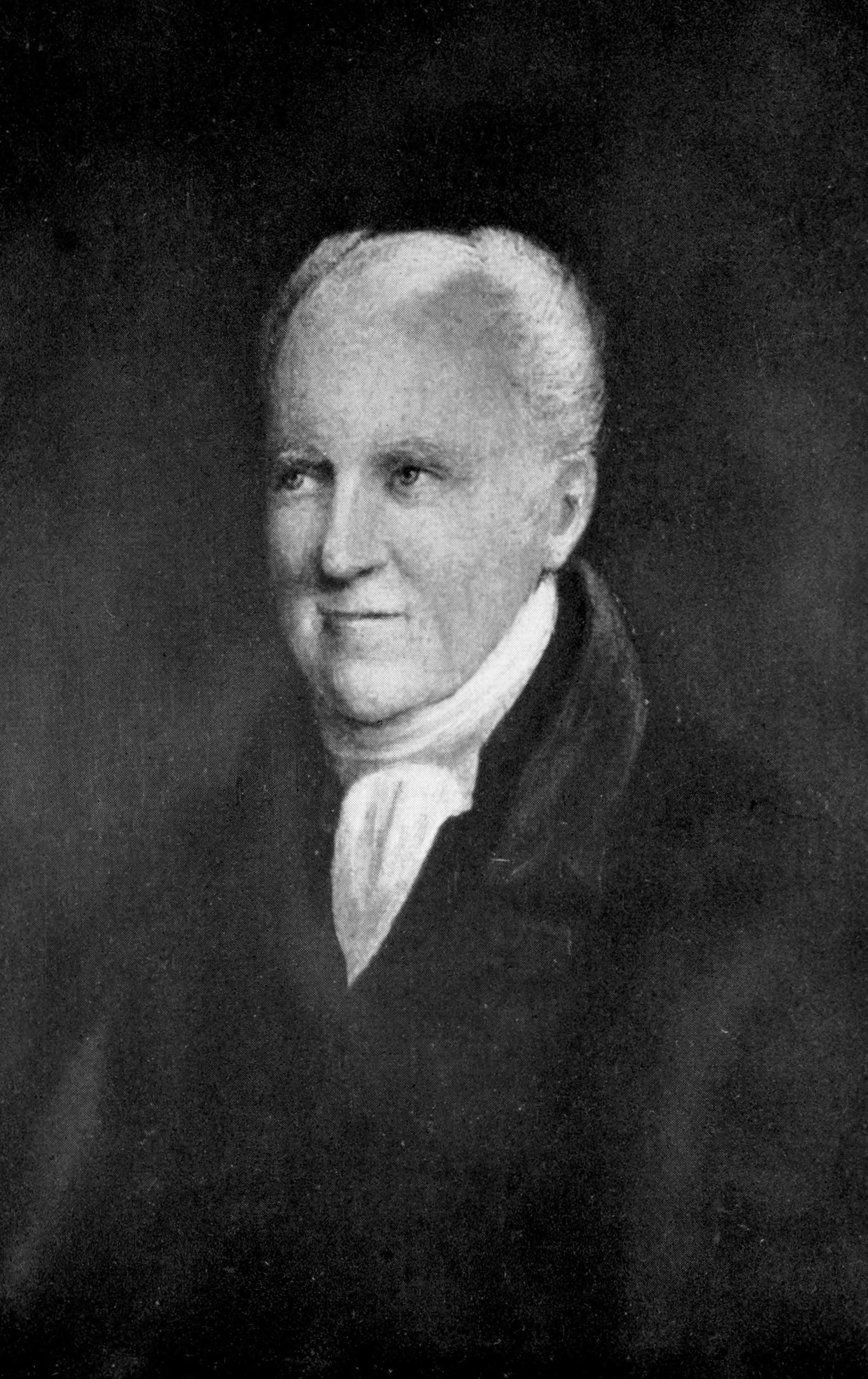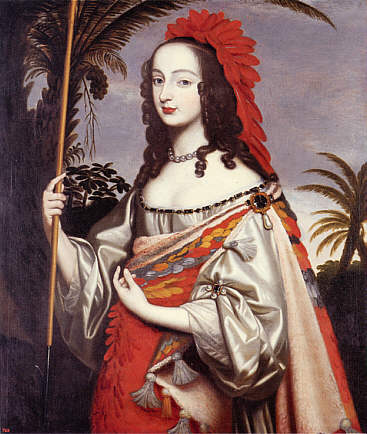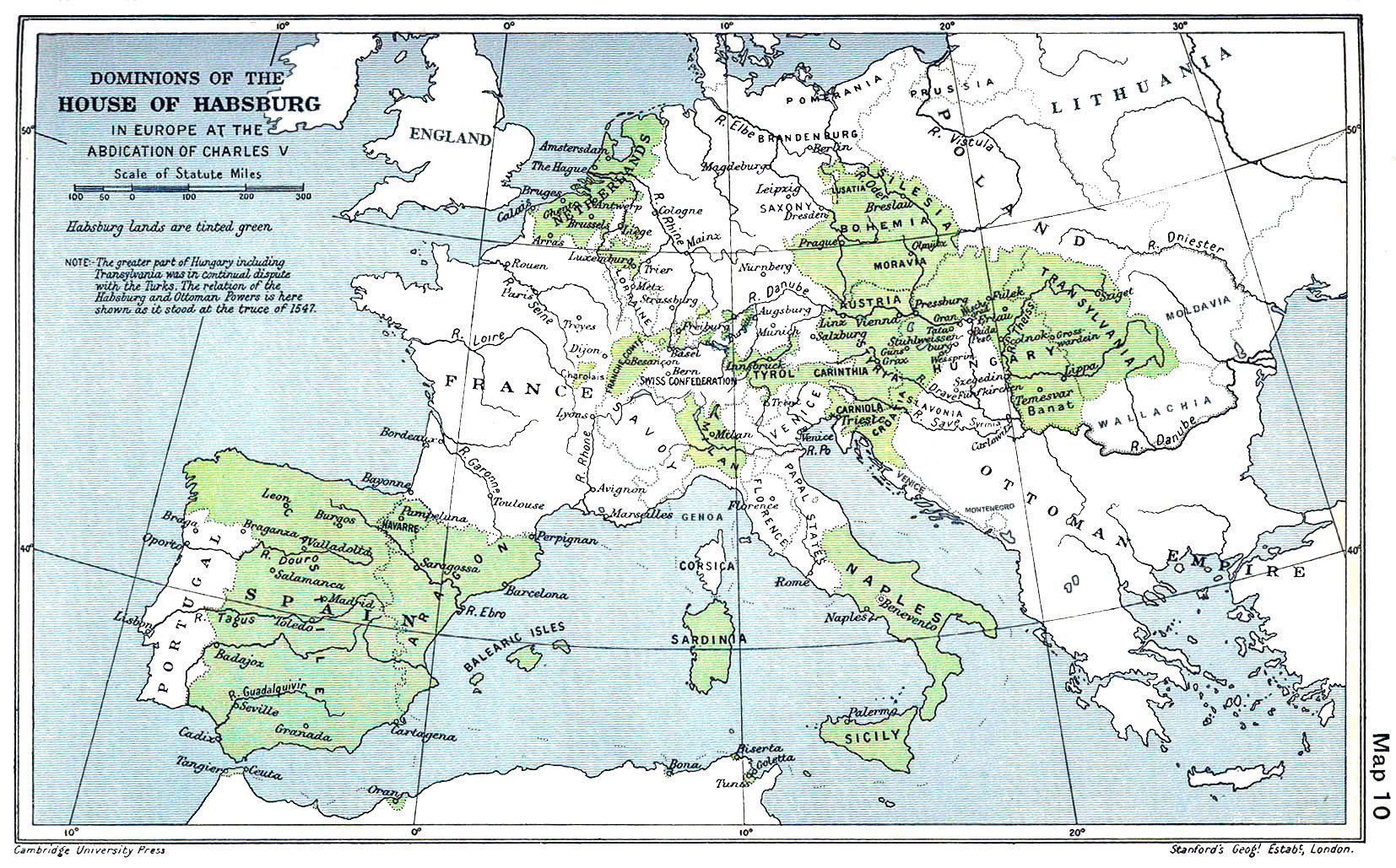|
Adolphus William Ward
Sir Adolphus William Ward (2 December 1837 – 19 June 1924) was an English historian and man of letters. Life Ward was born at Hampstead, London, the son of John Ward. He was educated in Germany and at Peterhouse, Cambridge. In 1866, Ward was appointed professor of history and English literature in Owens College, Manchester, and was principal from 1890 to 1897, when he retired. He took an active part in the foundation of Victoria University, of which he was vice-chancellor from 1886 to 1890 and from 1894 to 1896, and he was a founder of Withington Girls' School in 1890. He was a Member of the Chetham Society, serving as a member of council from 1884 and as president from 1901 until 1915. In 1897, the freedom of the city of Manchester was conferred upon him, he delivered the Ford Lectures at the University of Oxford in 1898, and on 29 October 1900 he was elected master of Peterhouse, Cambridge. He was elected in 1903 a fellow of the British Academy and was the academy' ... [...More Info...] [...Related Items...] OR: [Wikipedia] [Google] [Baidu] |
Knight Bachelor
The title of Knight Bachelor is the basic rank granted to a man who has been knighted by the monarch but not inducted as a member of one of the organised orders of chivalry; it is a part of the British honours system. Knights Bachelor are the most ancient sort of British knight (the rank existed during the 13th-century reign of King Henry III), but Knights Bachelor rank below knights of chivalric orders. A man who is knighted is formally addressed as " Sir irst Name urname or "Sir irst Name and his wife as "Lady urname. Criteria Knighthood is usually conferred for public service; amongst its recipients are all male judges of His Majesty's High Court of Justice in England. It is possible to be a Knight Bachelor and a junior member of an order of chivalry without being a knight of that order; this situation has become rather common, especially among those recognized for achievements in entertainment. For instance, Sir Michael Gambon, Sir Derek Jacobi, Sir Anthony Hopkins ... [...More Info...] [...Related Items...] OR: [Wikipedia] [Google] [Baidu] |
Chetham Society
The Chetham Society "for the publication of remains historic and literary connected with the Palatine Counties of Lancaster and Chester" is a text publication society and registered charity (No. 700047) established on 23 March 1843. History The Chetham Society is the oldest historical society in North West England. It was founded by a group of gentlemen (including the lawyer James Crossley and the clergymen Thomas Corser, Richard Parkinson, and Francis Robert Raines), who wished to promote interest in the counties' historical sources. The society held its foundation meeting on 23 March 1843 at Chetham's Library, in Manchester, which was established in 1653 by the will of the philanthropist Humphrey Chetham. The society became a registered charity (No. 700047) in 1988. The Chetham Society was amongst the earliest antiquarian and historical societies to be established in Britain during the nineteenth century, and appears to have been modelled, in part, on the Durham-based Su ... [...More Info...] [...Related Items...] OR: [Wikipedia] [Google] [Baidu] |
Charles Dickens
Charles John Huffam Dickens (; 7 February 1812 – 9 June 1870) was an English writer and social critic. He created some of the world's best-known fictional characters and is regarded by many as the greatest novelist of the Victorian era.. His works enjoyed unprecedented popularity during his lifetime and, by the 20th century, critics and scholars had recognised him as a literary genius. His novels and short stories are widely read today. Born in Portsmouth, Dickens left school at the age of 12 to work in a boot-blacking factory when his father was incarcerated in a debtors' prison. After three years he returned to school, before he began his literary career as a journalist. Dickens edited a weekly journal for 20 years, wrote 15 novels, five novellas, hundreds of short stories and non-fiction articles, lectured and performed readings extensively, was an indefatigable letter writer, and campaigned vigorously for children's rights, for education, and for other social re ... [...More Info...] [...Related Items...] OR: [Wikipedia] [Google] [Baidu] |
Geoffrey Chaucer
Geoffrey Chaucer (; – 25 October 1400) was an English poet, author, and civil servant best known for ''The Canterbury Tales''. He has been called the "father of English literature", or, alternatively, the "father of English poetry". He was the first writer to be buried in what has since come to be called Poets' Corner, in Westminster Abbey. Chaucer also gained fame as a philosopher and astronomer, composing the scientific '' A Treatise on the Astrolabe'' for his 10-year-old son Lewis. He maintained a career in the civil service as a bureaucrat, courtier, diplomat, and member of parliament. Among Chaucer's many other works are '' The Book of the Duchess'', '' The House of Fame'', '' The Legend of Good Women'', and '' Troilus and Criseyde''. He is seen as crucial in legitimising the literary use of Middle English when the dominant literary languages in England were still Anglo-Norman French and Latin. Chaucer's contemporary Thomas Hoccleve hailed him as "the firste fy ... [...More Info...] [...Related Items...] OR: [Wikipedia] [Google] [Baidu] |
Alexander Pope
Alexander Pope (21 May 1688 O.S. – 30 May 1744) was an English poet, translator, and satirist of the Enlightenment era who is considered one of the most prominent English poets of the early 18th century. An exponent of Augustan literature, Pope is best known for his satirical and discursive poetry including ''The Rape of the Lock'', '' The Dunciad'', and '' An Essay on Criticism,'' and for his translation of Homer. After Shakespeare, Pope is the second-most quoted author in '' The Oxford Dictionary of Quotations'', some of his verses having entered common parlance (e.g. "damning with faint praise" or " to err is human; to forgive, divine"). Life Alexander Pope was born in London on 21 May 1688 during the year of the Glorious Revolution. His father (Alexander Pope, 1646–1717) was a successful linen merchant in the Strand, London. His mother, Edith (1643–1733), was the daughter of William Turner, Esquire, of York. Both parents were Catholics. His mother's sister wa ... [...More Info...] [...Related Items...] OR: [Wikipedia] [Google] [Baidu] |
George Crabbe
George Crabbe ( ; 24 December 1754 – 3 February 1832) was an English poet, surgeon and clergyman. He is best known for his early use of the realistic narrative form and his descriptions of middle and working-class life and people. In the 1770s, Crabbe began his career as a doctor's apprentice, later becoming a surgeon. In 1780, he travelled to London to make a living as a poet. After encountering serious financial difficulty and being unable to have his work published, he wrote to the statesman and author Edmund Burke for assistance. Burke was impressed enough by Crabbe's poems to promise to help him in any way he could. The two became close friends and Burke helped Crabbe greatly both in his literary career and in building a role within the church. Burke introduced Crabbe to the literary and artistic society of London, including Sir Joshua Reynolds and Samuel Johnson, who read '' The Village'' before its publication and made some minor changes. Burke secured Crabbe the impo ... [...More Info...] [...Related Items...] OR: [Wikipedia] [Google] [Baidu] |
Sophia Of The Palatinate
Sophia of Hanover (born Princess Sophia of the Palatinate; 14 October 1630 – 8 June 1714) was the Electress of Hanover by marriage to Elector Ernest Augustus and later the heiress presumptive to the thrones of England and Scotland (later Great Britain) and Ireland under the Act of Settlement 1701, as a granddaughter of James VI and I. Princess Sophia died less than two months before she would have become Queen of Great Britain. Consequently, her son (and grandson of Elizabeth Stuart, Queen of Bohemia) George I, succeeded her first cousin once removed, Queen Anne, to the British throne, and the succession to the throne has since been defined as, and composed entirely of, her legitimate and Protestant descendants. Sophia was born in 1630 to Frederick V of the Palatinate, a member of the House of Wittelsbach, and Elizabeth Stuart, daughter of King James VI and I. She grew up in the Dutch Republic, where her family had sought refuge after the sequestration of their Electorate ... [...More Info...] [...Related Items...] OR: [Wikipedia] [Google] [Baidu] |
Hanover
Hanover (; german: Hannover ; nds, Hannober) is the capital and largest city of the German state of Lower Saxony. Its 535,932 (2021) inhabitants make it the 13th-largest city in Germany as well as the fourth-largest city in Northern Germany after Berlin, Hamburg and Bremen. Hanover's urban area comprises the towns of Garbsen, Langenhagen and Laatzen and has a population of about 791,000 (2018). The Hanover Region has approximately 1.16 million inhabitants (2019). The city lies at the confluence of the River Leine and its tributary the Ihme, in the south of the North German Plain, and is the largest city in the Hannover–Braunschweig–Göttingen–Wolfsburg Metropolitan Region. It is the fifth-largest city in the Low German dialect area after Hamburg, Dortmund, Essen and Bremen. Before it became the capital of Lower Saxony in 1946, Hannover was the capital of the Principality of Calenberg (1636–1692), the Electorate of Hanover (1692–1814), the Kingdom of H ... [...More Info...] [...Related Items...] OR: [Wikipedia] [Google] [Baidu] |
Thirty Years' War
The Thirty Years' War was one of the longest and most destructive conflicts in European history, lasting from 1618 to 1648. Fought primarily in Central Europe, an estimated 4.5 to 8 million soldiers and civilians died as a result of battle, famine, and disease, while some areas of what is now modern Germany experienced population declines of over 50%. Related conflicts include the Eighty Years' War, the War of the Mantuan Succession, the Franco-Spanish War, and the Portuguese Restoration War. Until the 20th century, historians generally viewed it as a continuation of the religious struggle initiated by the 16th-century Reformation within the Holy Roman Empire. The 1555 Peace of Augsburg attempted to resolve this by dividing the Empire into Lutheran and Catholic states, but over the next 50 years the expansion of Protestantism beyond these boundaries destabilised the settlement. While most modern commentators accept differences over religion and Imperial authority were ... [...More Info...] [...Related Items...] OR: [Wikipedia] [Google] [Baidu] |
Austria
Austria, , bar, Östareich officially the Republic of Austria, is a country in the southern part of Central Europe, lying in the Eastern Alps. It is a federation of nine states, one of which is the capital, Vienna, the most populous city and state. A landlocked country, Austria is bordered by Germany to the northwest, the Czech Republic to the north, Slovakia to the northeast, Hungary to the east, Slovenia and Italy to the south, and Switzerland and Liechtenstein to the west. The country occupies an area of and has a population of 9 million. Austria emerged from the remnants of the Eastern and Hungarian March at the end of the first millennium. Originally a margraviate of Bavaria, it developed into a duchy of the Holy Roman Empire in 1156 and was later made an archduchy in 1453. In the 16th century, Vienna began serving as the empire's administrative capital and Austria thus became the heartland of the Habsburg monarchy. After the dissolution of th ... [...More Info...] [...Related Items...] OR: [Wikipedia] [Google] [Baidu] |
Cambridge Modern History
''The Cambridge Modern History'' is a comprehensive modern history of the world, beginning with the 15th century Age of Discovery, published by the Cambridge University Press in England and also in the United States. The first series, planned by Lord Acton and edited by him with Stanley Mordaunt Leathes, Sir Adolphus William Ward and G. W. Prothero, was launched in 1902 and totalled fourteen volumes, the last of them being an historical atlas which appeared in 1912. The period covered was from 1450 to 1910. Each volume includes an extensive bibliography. A second series, with entirely new editors and contributors, ''The New Cambridge Modern History'', appeared in fourteen volumes between 1957 and 1979, again concluding with an atlas. It covered the world from 1450 to 1945. Planning and publishing The original ''Cambridge Modern History'' was planned by Lord Acton, who during 1899 and 1900 gave much of his time to coordinating the project, intended to be a monument of objecti ... [...More Info...] [...Related Items...] OR: [Wikipedia] [Google] [Baidu] |
Vice-Chancellor
A chancellor is a leader of a college or university, usually either the executive or ceremonial head of the university or of a university campus within a university system. In most Commonwealth and former Commonwealth nations, the chancellor is usually a ceremonial non-resident head of the university. In such institutions, the chief executive of a university is the vice-chancellor, who may carry an additional title such as ''president'' (e.g. "president & vice-chancellor"). The chancellor may serve as chairperson of the governing body; if not, this duty is often held by a chairperson who may be known as a pro-chancellor. In many countries, the administrative and educational head of the university is known as the president, principal or rector. In the United States, the head of a university is most commonly a university president. In U.S., university systems that have more than one affiliated university or campus, the executive head of a specific campus may have the title of ch ... [...More Info...] [...Related Items...] OR: [Wikipedia] [Google] [Baidu] |




.jpg)

